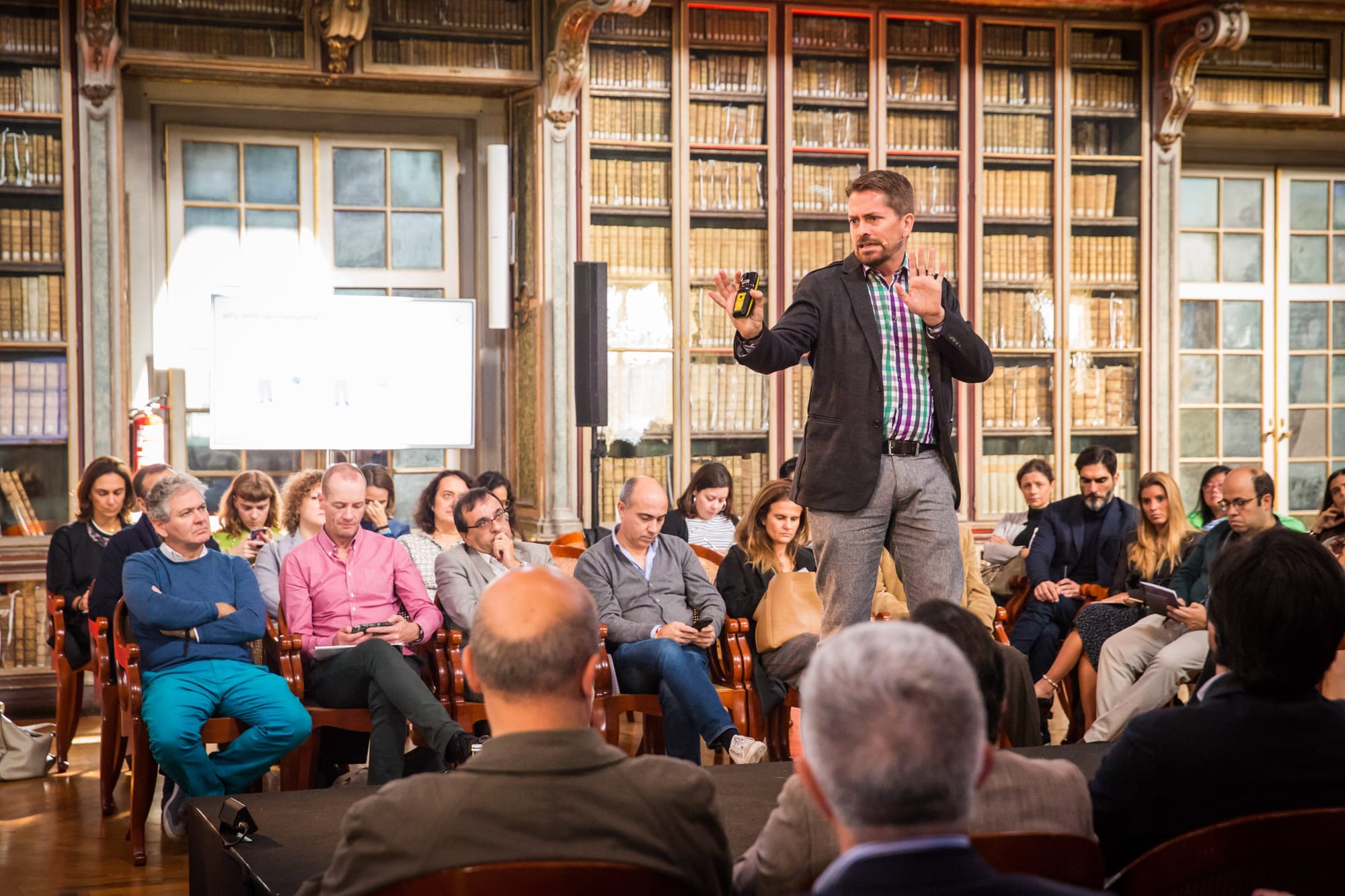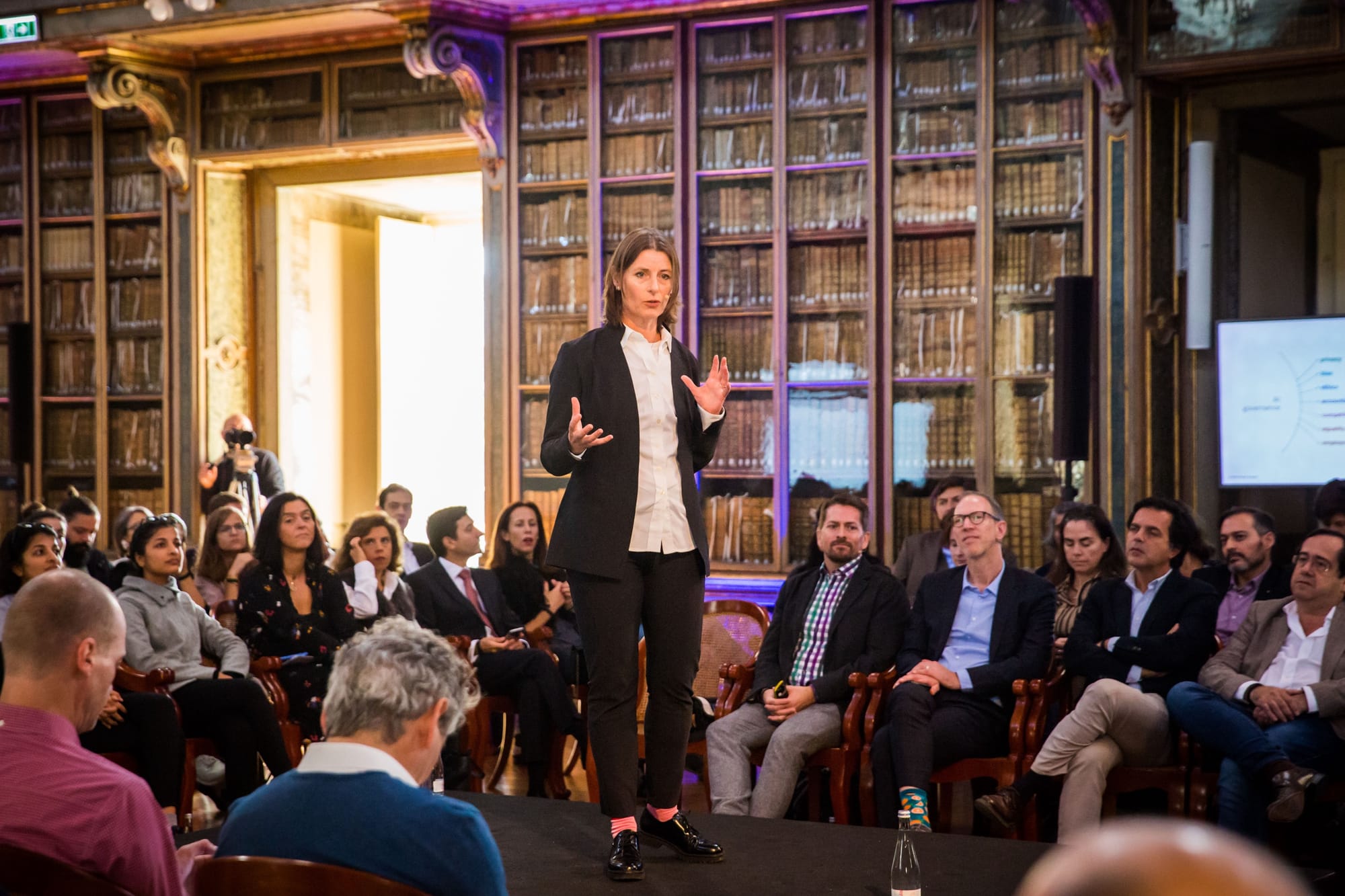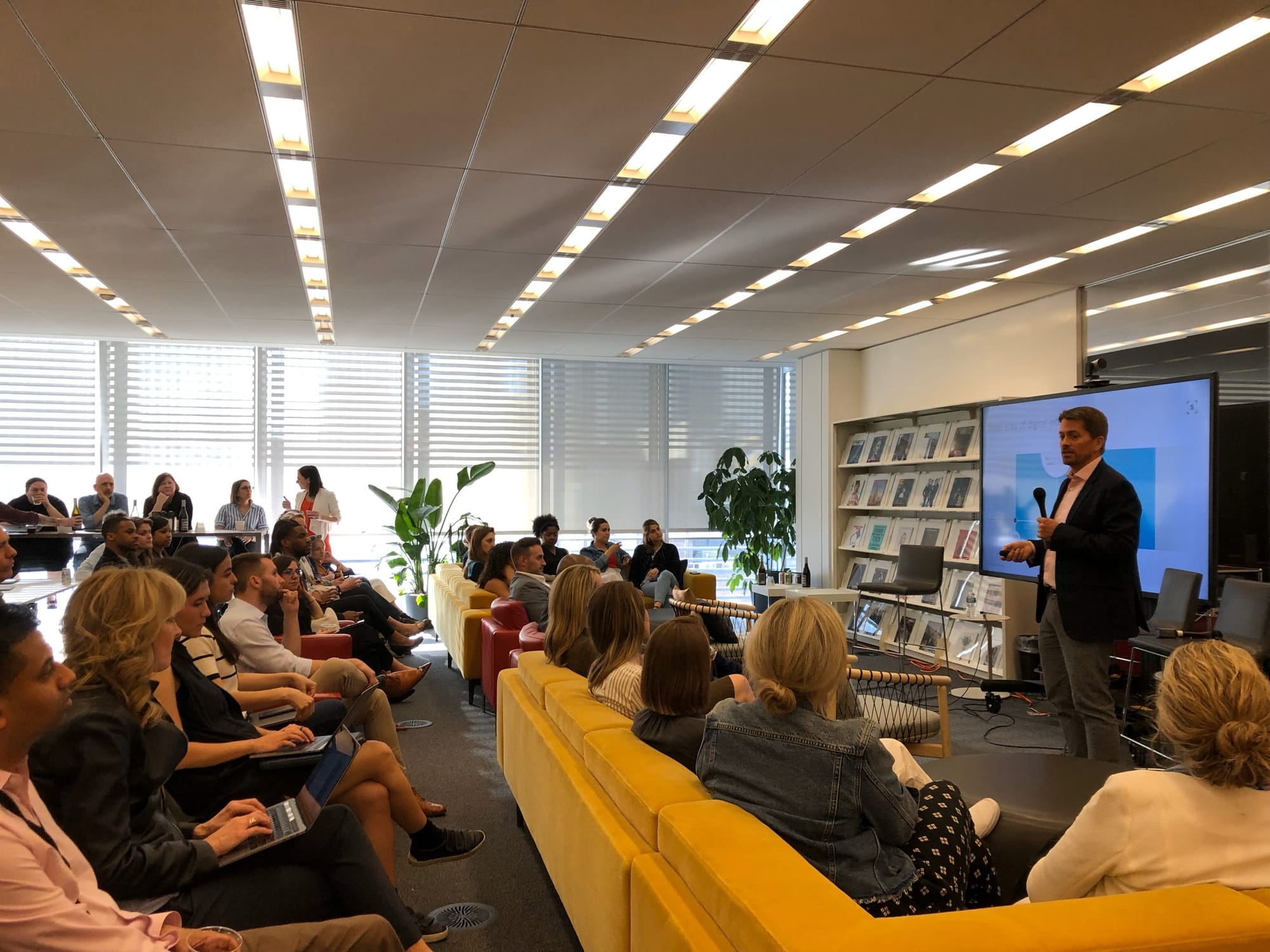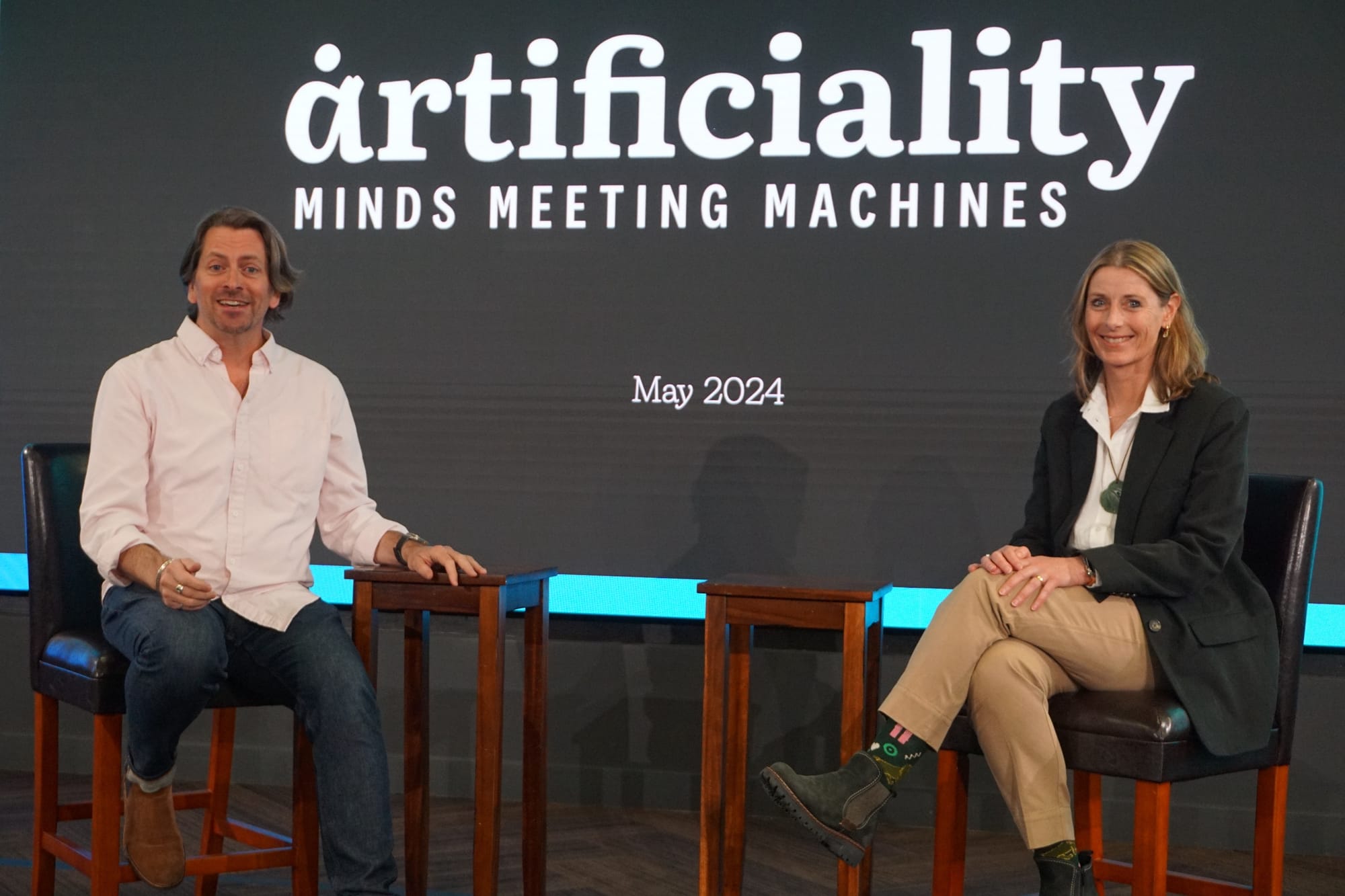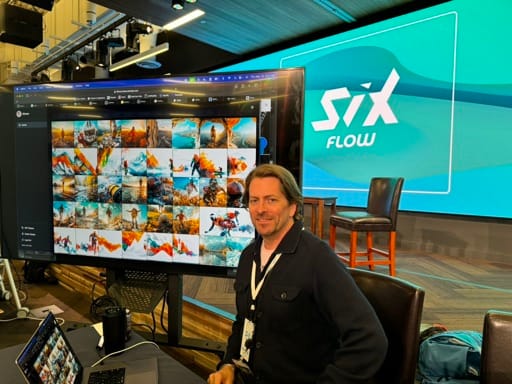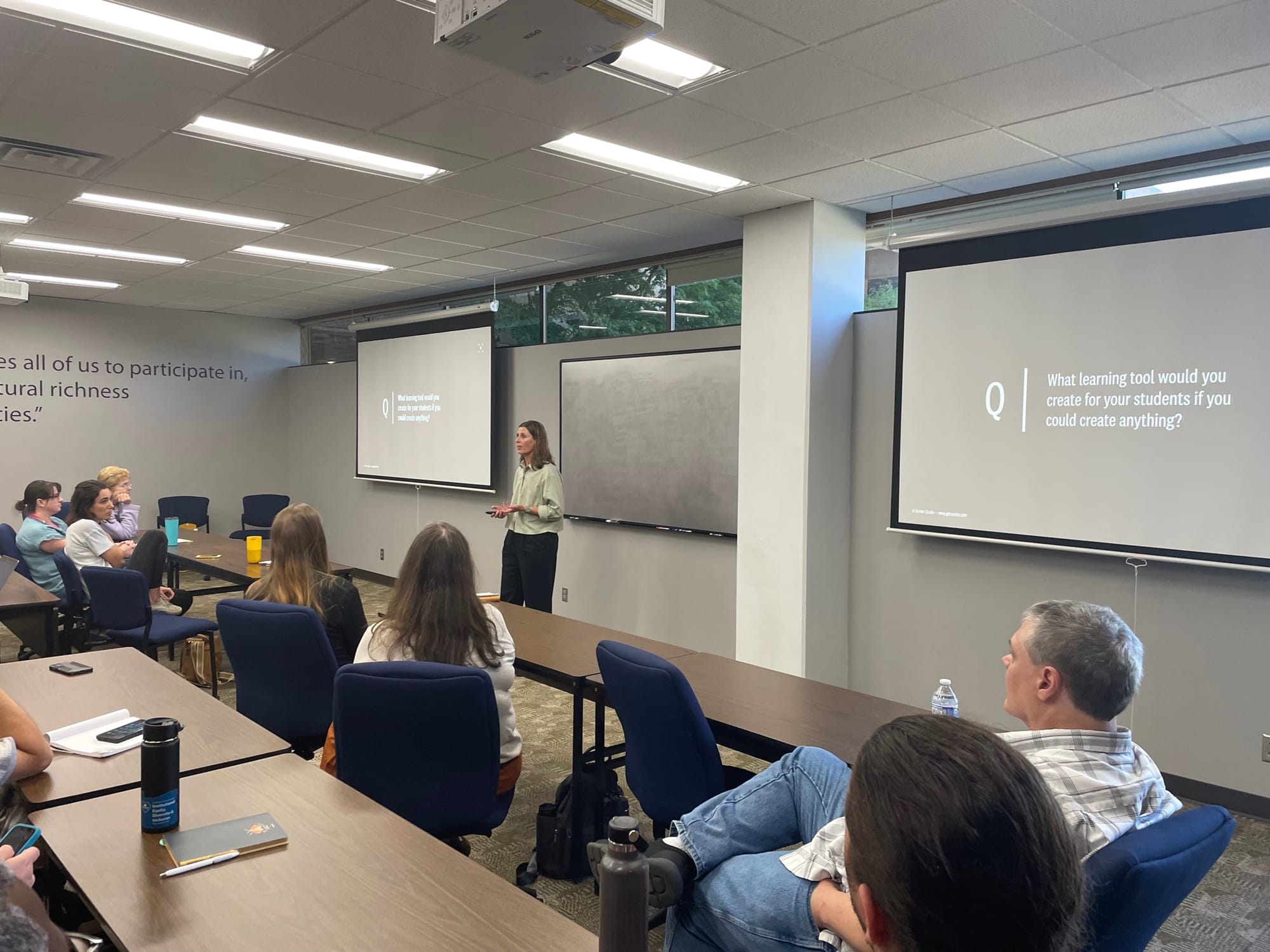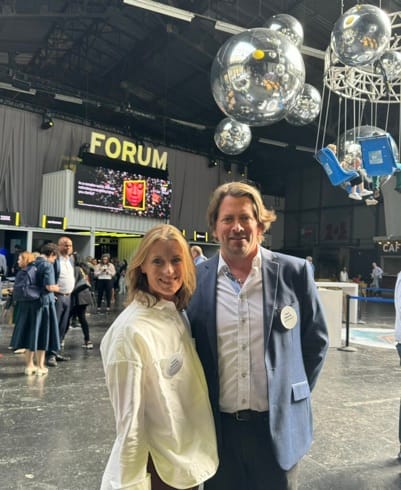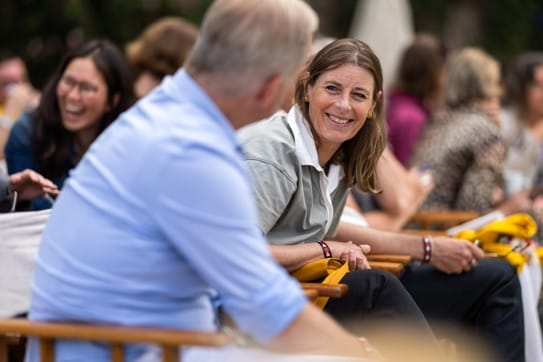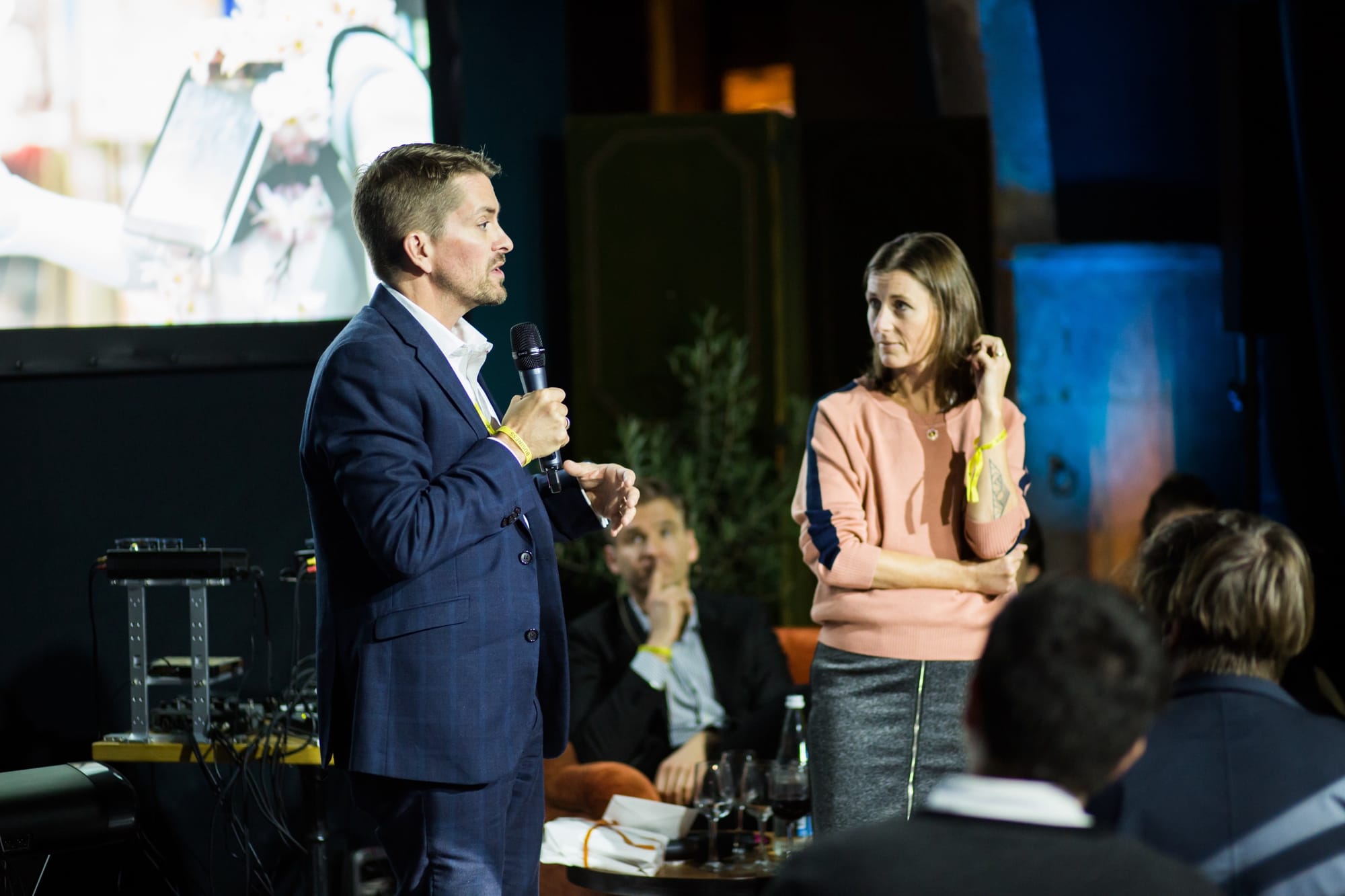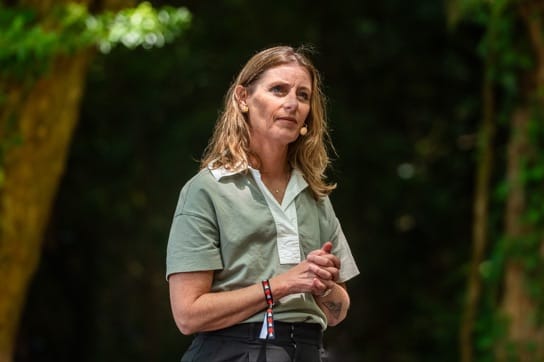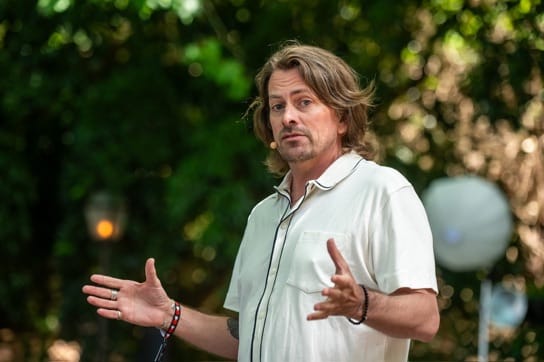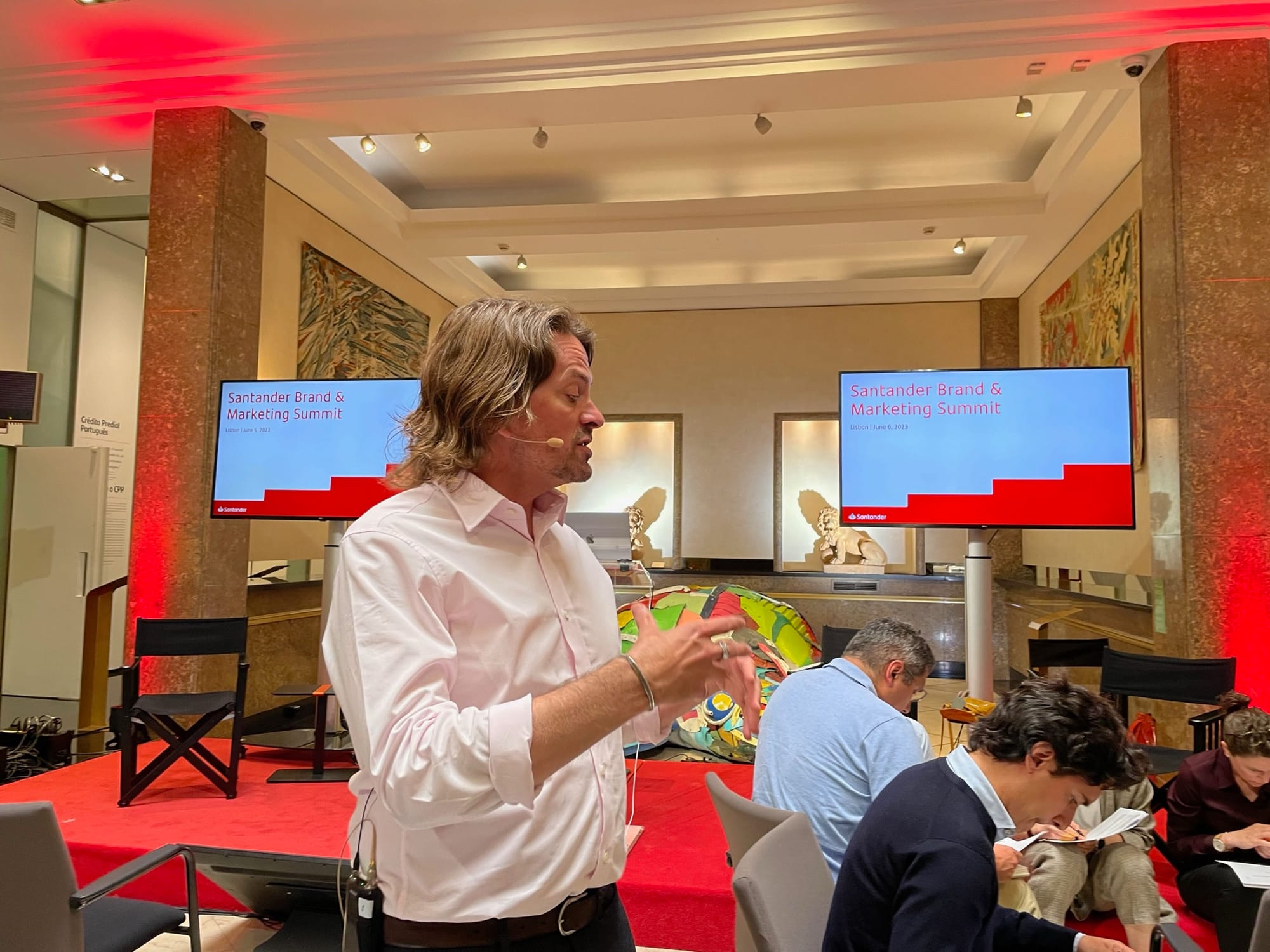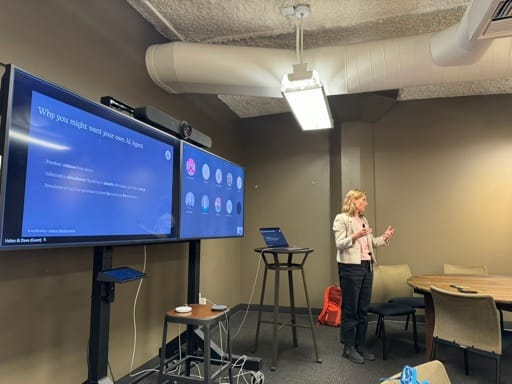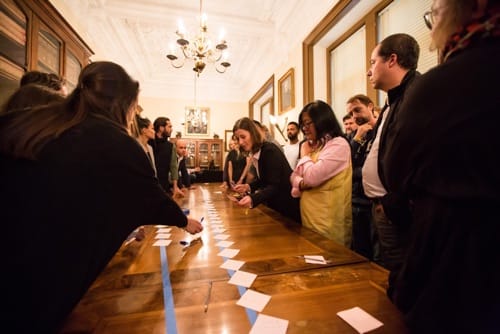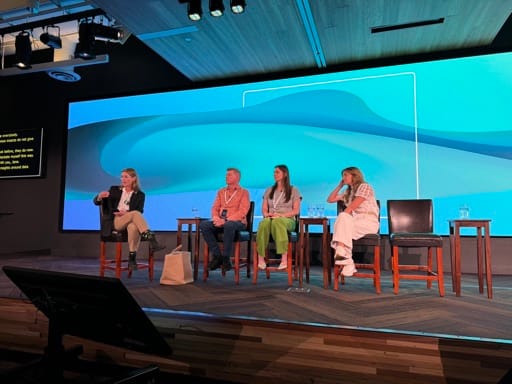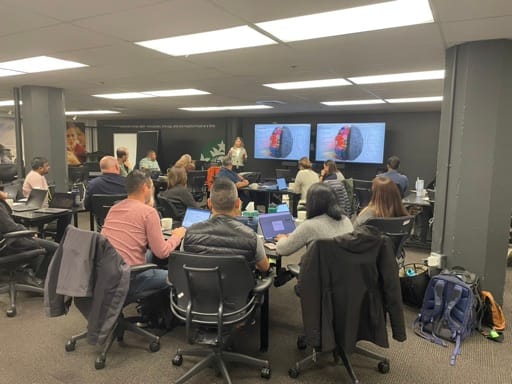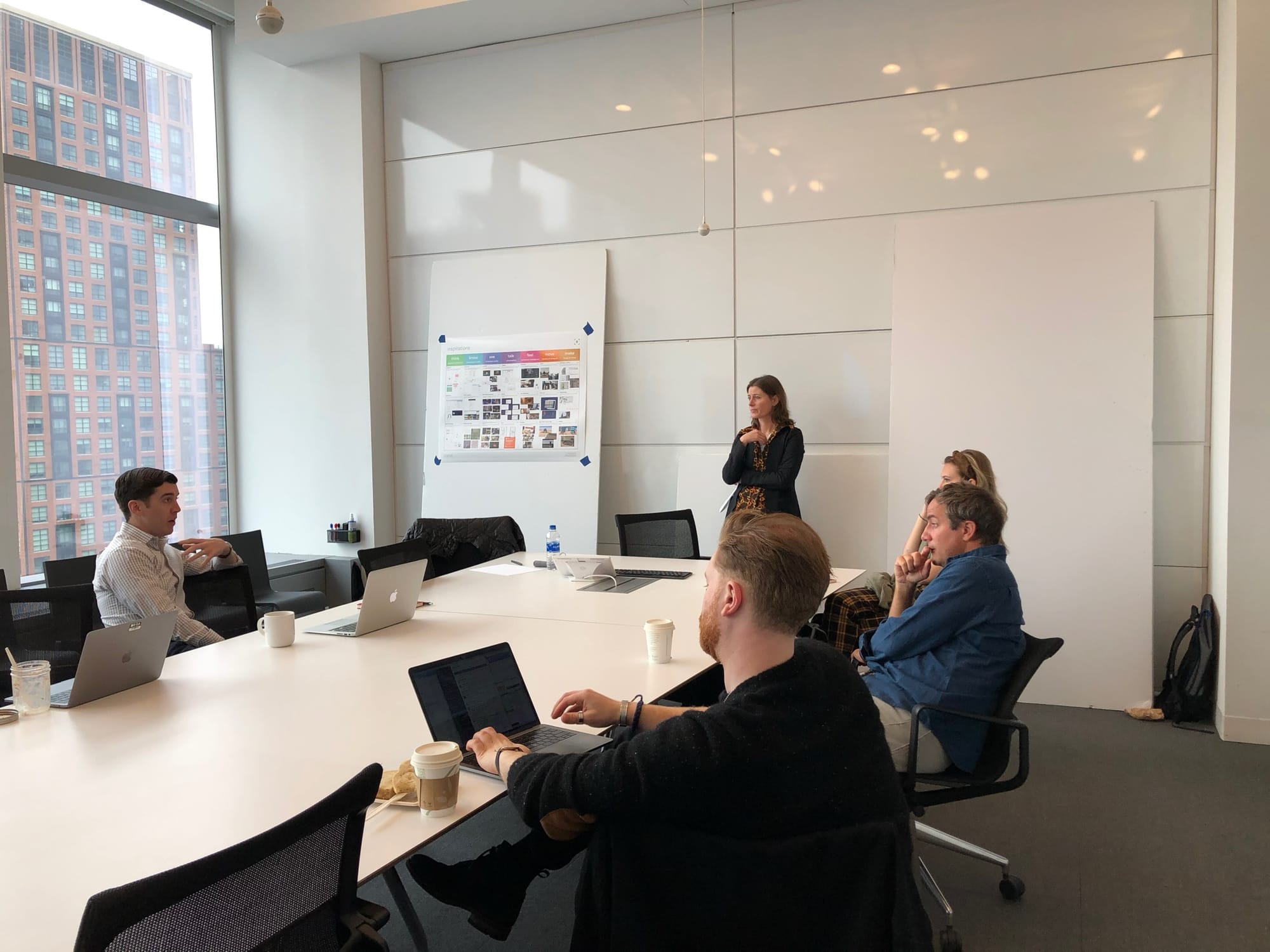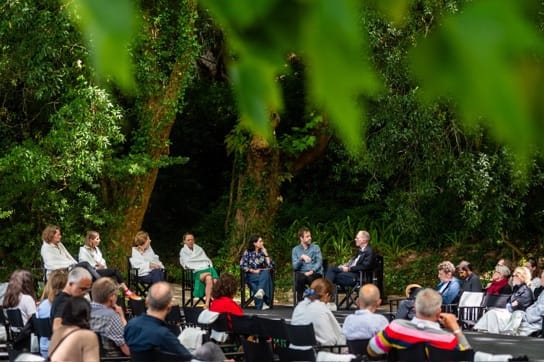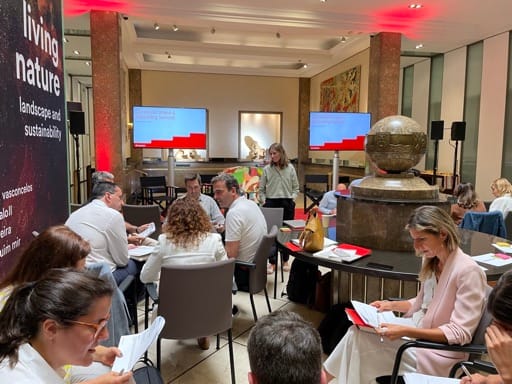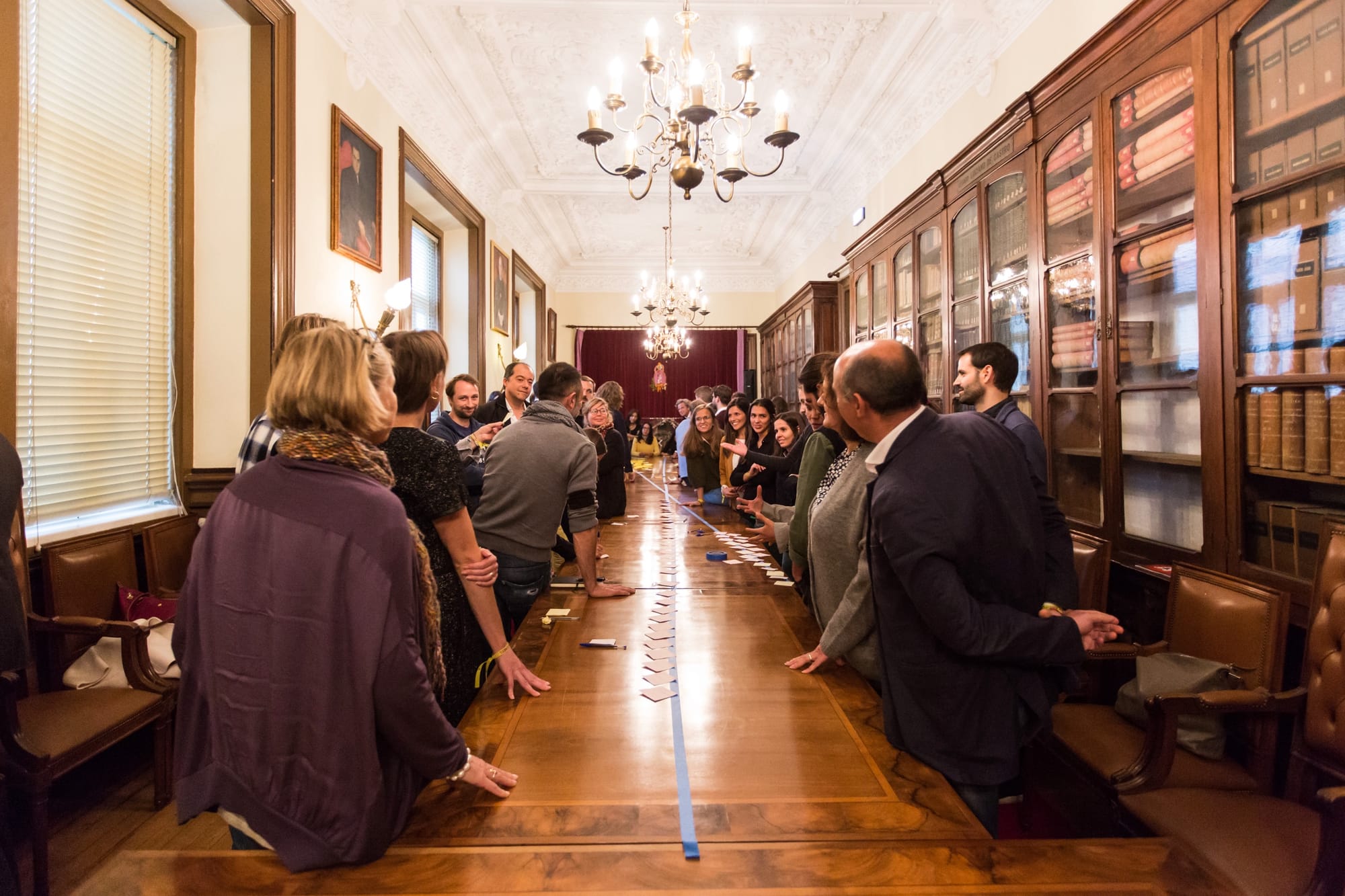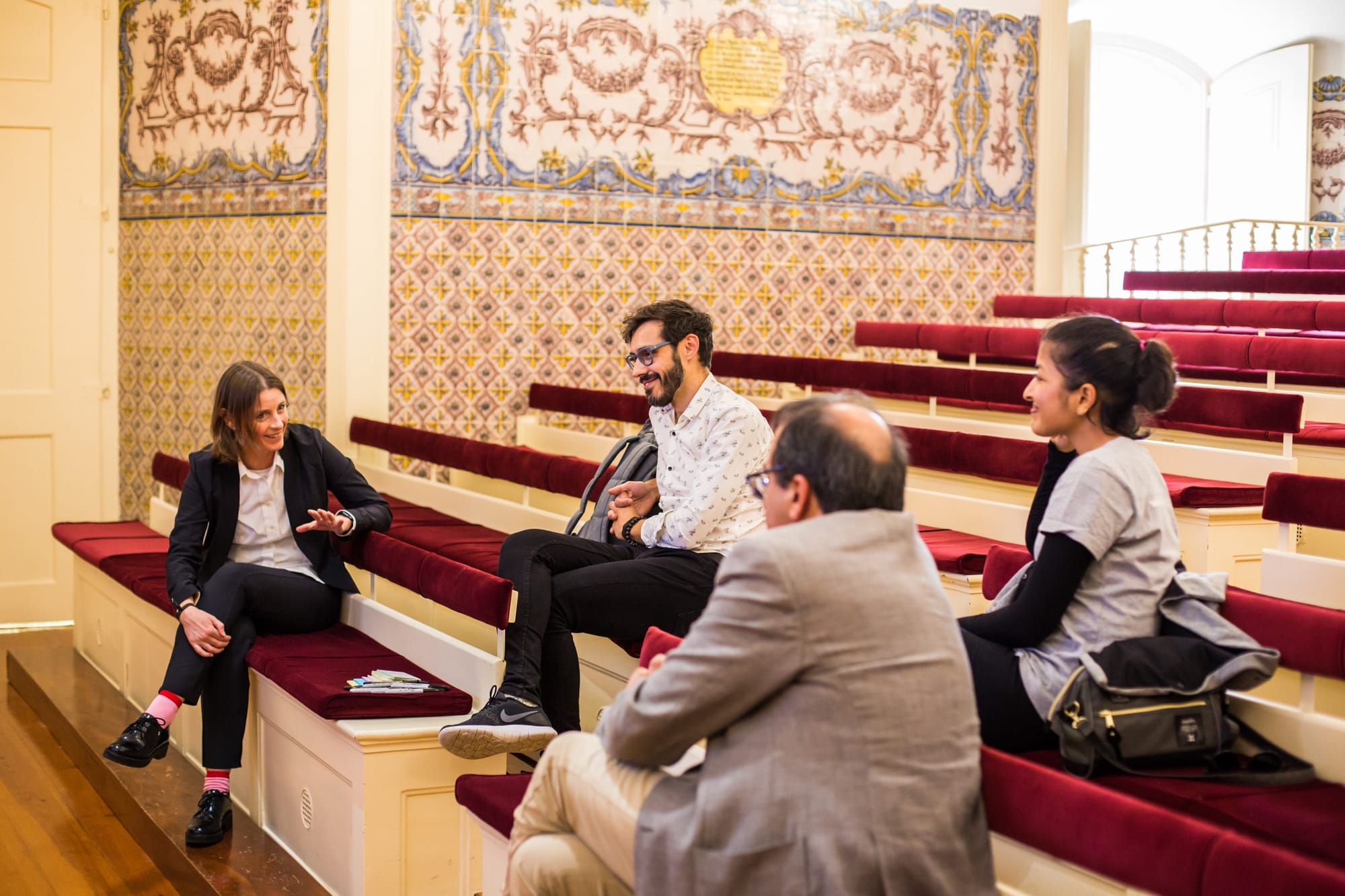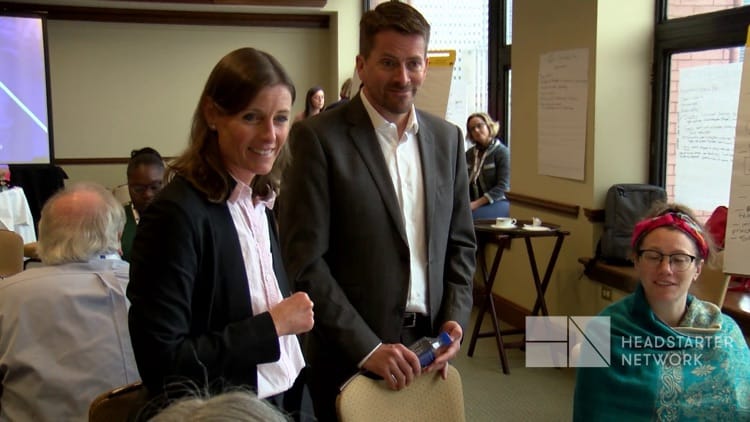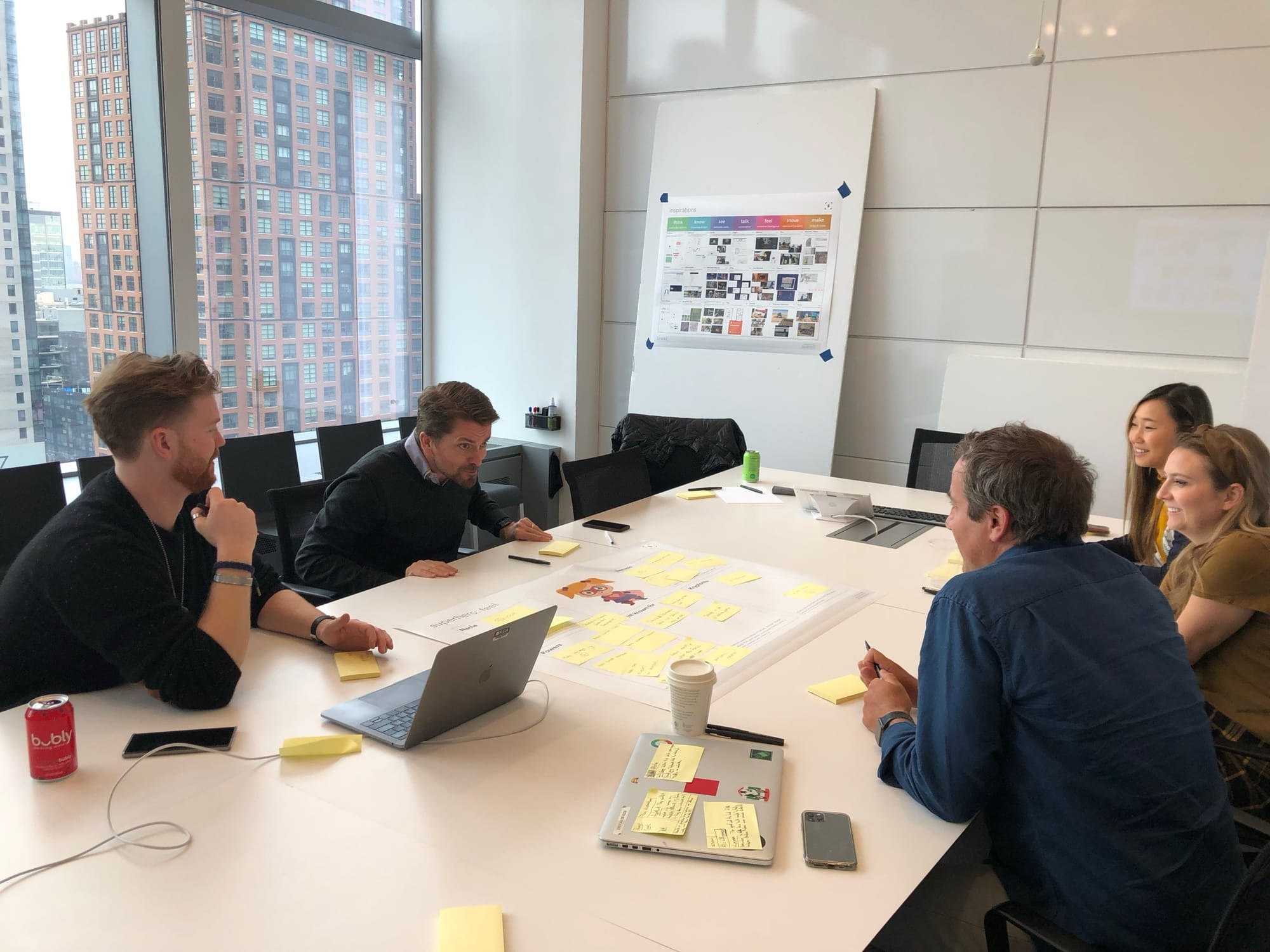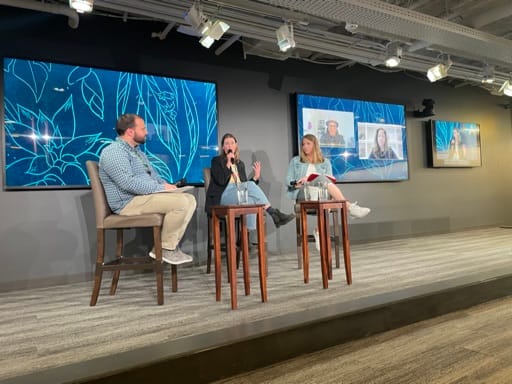The Summit v2
A Reminder: Our current newsletter format includes a full essay as well as links to other essays, podcasts, etc. So
For organizations which know AI success depends on getting the people side right.
AI is everywhere. It dazzles, it promises, it infiltrates your workflows.
And yet—bottom lines barely move. Productivity is fragmented. Culture wobbles.
The contradiction is real because the truth is this:
AI’s bottleneck isn’t the technology. It’s the human psyche.
This is about psychology not AI tools.
We decode your organization’s “psychological fingerprint” for AI—mapping how cognition, identity, and meaning actually shift in your people.
We give your people a clear, research-based framework for how they relate to AI—Doer, Outsourcer, Catalyst, Creator, and more. Understanding these roles shows how individual choices with AI ripple across collaboration, culture, and trust.
Immersive sessions that move leaders and teams through the terrain of AI adaptation—Recognition, Blurring, Fracture, Reconstruction. This is where culture learns to evolve, not resist.
Tailored rituals, practices, and guardrails that turn scattered use into compounding advantage to build more human alignment.
We’ve been working in AI strategy, culture, and education for more than a decade. Since ChatGPT’s release we’ve studied more than a 1000 people over hundreds of hours who are adapting AI. We’ve researched their lived experience and from this we have built new frameworks and methodologies for helping humans understand themselves and each other when AI is a “machine employee.” We’ve built a new map of how humans and AI co-create, fracture, and rebuild.
Where others chase short term gains in workflow efficiencies, we build cultures that set organizations up for the real prize: new sources of innovation, creativity, and sustainable productivity gains.
You don’t need another demo.
You need to understand how your people are actually adapting.
Organizations that understand this is fundamentally about people:
Recent collaborators include: Capgemini, E.ON, EY, The New York Times, Starbucks, Santander, Oregon State University, National Head Start Association, and dozens of forward-thinking organizations across corporate, government, education, and nonprofit sectors.
Here's what some of them say:
"With discussions around AI often centered on efficiency or technicalities, it was valuable to go deeper and discuss how it influences leadership, human systems, and organizational readiness."
— Brighid Kelly, Chief People Officer, Transpower NZ
"Helen and Dave delivered a uniquely engaging session that addressed AI's technical and moral complexity. Everyone came away more optimistic about the role AI will play in their business."
— Zazie Pence, The New York Times
“I have been involved in executive development and digital transformation for a number of years and can safely say that Helen and Dave's ability to make AI simple and accessible is outstanding. They break down technical barriers so executives can understand new strategic opportunities and the extent to which machines will change people and the way we work.”
— Paulo Pisano, Chief People Officer, Galp
"The fascinating thing about you is that you’re always at least two or three years ahead of what everyone else is talking about."
— Dave Copps, CEO, Worlds
“Helen and Dave have a unique understanding of AI technology, its business opportunities and its effect on people and society. They have a knack for pulling disparate pieces together in a way that helps people understand the bigger picture.”
— Kevin Delaney, Cofounder and Editor-in-Chief, Charter
“Helen and Dave sparked a candid and vigorous conversation among senior administrators from Oregon colleges and universities during their half-day session. While we've all been inundated with news reports and commentaries about AI, their presentation cut through the noise by helping identify key information and issues for these leaders to wrestle with.”
— Ben Cannon, Executive Director, Oregon Higher Education Coordinating Commission
“Helen and Dave have a unique ability to describe what it means to be human in the age of AI. They prompt an audience to think beyond the technology and to consider how technology can be both humanizing and dehumanizing. They are masters in translating complex issues into compelling, relatable stories, and theirs was the first presentation about AI that reassured me that, yes, we can do this, a beautiful future is possible with AI.”
— Tim Leberecht, Co-CEO, The House of Beautiful Business
